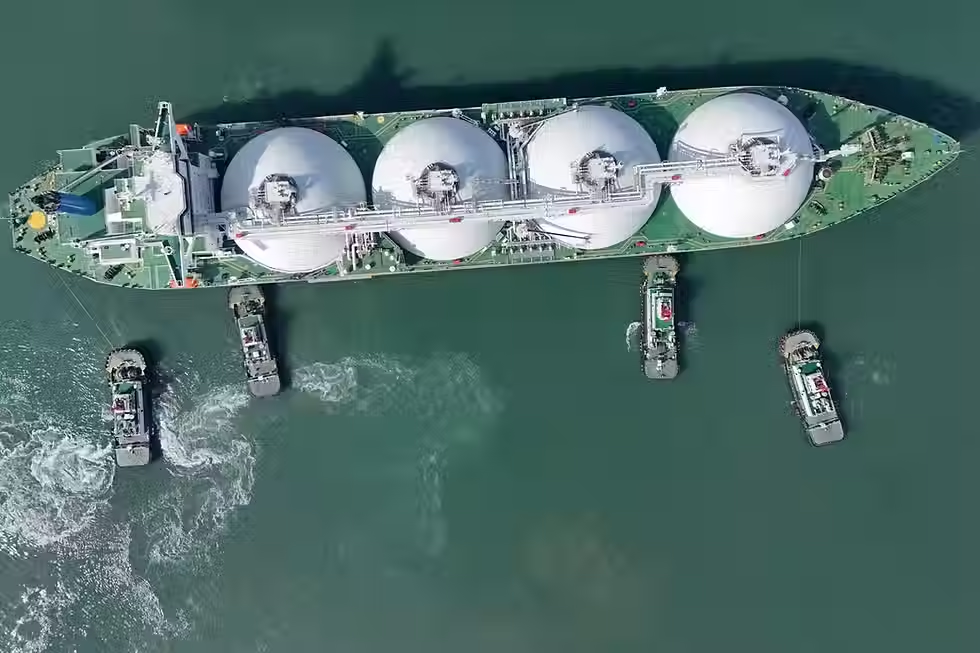Resource restrictions spreads across emerging economies
- CEE Staff

- Dec 2, 2023
- 2 min read
Updated: Nov 8
As developing country government demands for development and environmental responsibility overlap, commodity export restrictions are seeing a resurgence. The Organization for Economic Co-operation and Development (OECD) reports a five-fold surge in global export restrictions on raw materials, over the last decade. This trend poses a formidable challenge to governments striving to reduce carbon emissions, impacting approximately 10% of the global value of critical raw material exports, notably lithium, cobalt, and rare earths.
Emerging economies, led by China, India, Argentina, Russia, Vietnam, and Kazakhstan, are recalibrating economic strategies through the implementation of export restrictions. Export taxes, strategically favored over quantity caps to navigate World Trade Organisation rules, underscore a subtle shift.
Simultaneously, these nations are increasingly embracing 'bennification' policies, signaling a departure from traditional norms by restricting exports to boost processing capabilities and retain economic benefits.
Indonesia has taken a prominent position in pushing and popularizing commodity export restrictions, with President Jokowi spearheading a new brand of resource nationalism that focuses more on onshoring more of the value chain than merely boosting tax revenue. Through targeted bans on raw mineral exports, Indonesia aims to fortify processing capabilities and secure economic gains. This approach finds resonance in Malaysia and the Philippines, triggering contemplation about similar measures on rare earth and nickel ore exports.
Following Jakarta's lead, Africa has seen sporadic export restrictions become deliberate economic strategies. Namibia, inspired by Zimbabwe's successful export bans, prohibits the export of unprocessed lithium and critical minerals. The narrative shifts towards beneficiation, aligning with global demands for metals essential to clean energy technologies.
Meanwhile, traditionally business-friendly Latin American nations, such as Chile and Mexico, surprisingly veer into the territory of nationalizing lithium. This unexpected shift challenges their historical pro-business stance, introducing a new layer of complexity to the region's economic landscape.
The International Monetary Fund (IMF) acknowledges the ambitions of nations like Indonesia but urges caution in extending export restrictions. This nuanced stance provokes backlash, with accusations of "modern-day colonialism." The IMF's role in shaping the narrative adds a layer of complexity to the evolving strategies of emerging economies.
Developing nations, resentful of historical constraints, navigate an uncertain path. The outcome of these recalibrated economic strategies has the potential to reshape global trade dynamics or introduce a disruptive element that reverberates for years. While countries like Zimbabwe and Indonesia have seen large increases in investment and windfall profits to boot, economists warn that the policies risk dissuading foreign investment, and leaving emerging producers out in the cold as various commodity supply chains react to the restrictions in the long run.




Comments